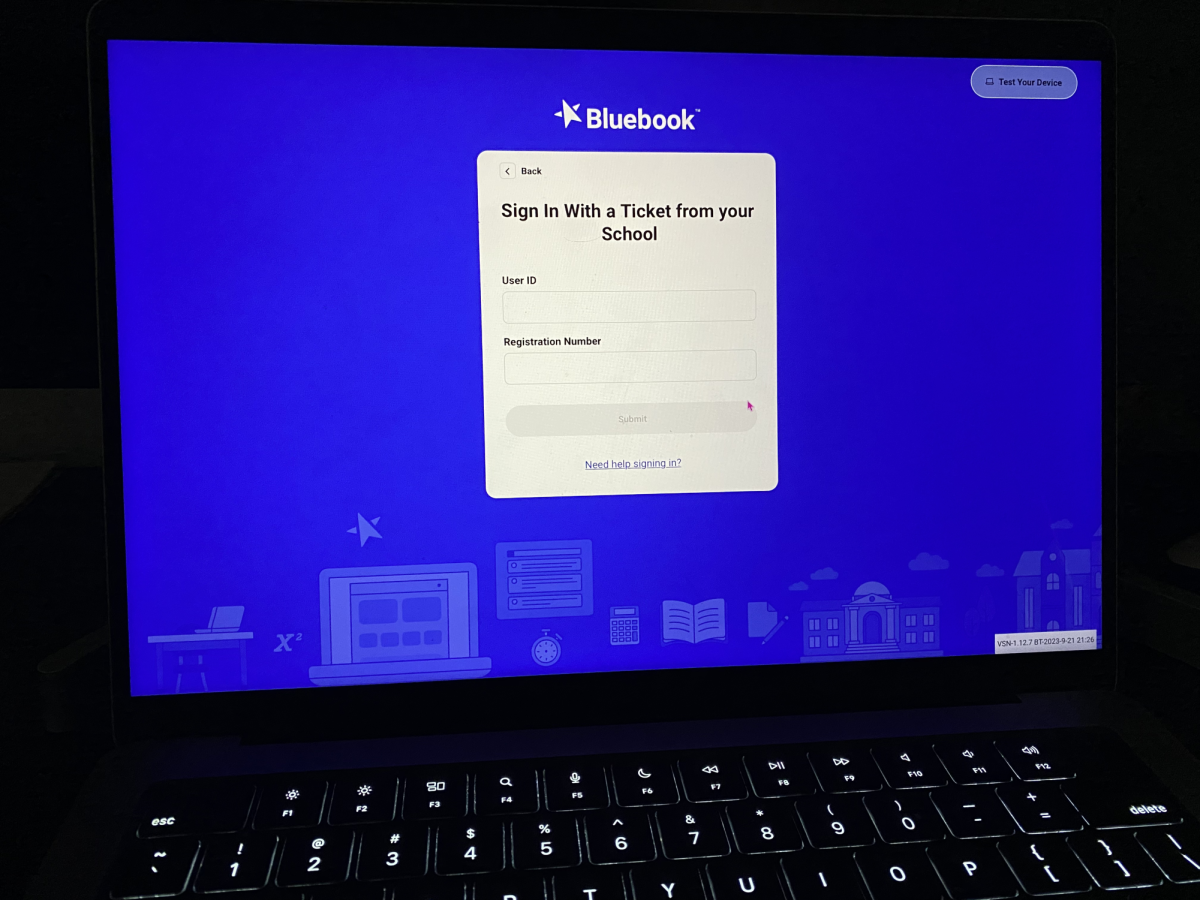The End of The Partisan Era
Partisanship has been on the rise for the last sixty years among regional and sectional lines.
April 24, 2017
On Thursday, April 6, House Republicans triggered the so-called “nuclear option,” over the nomination of Neil Gorsuch to the Supreme Court (SCOTUS), in an attempt to override the democratic opposition and filibuster. A filibuster is an increasingly common political tactic to delay a vote on specific resolutions in Congress by continuing to debate, even about completely random things, until they reach a Congressional recess. The nuclear option refers to amending Senate Rule XXII, which governs how many votes it takes to overrule a filibuster. It was last triggered in 1975, changing this number from sixty-six to sixty. The new amendment is to change the rule to overrule by simple majority, which will allow the Republicans to override Democratic opposition completely unabated. Both the Democratic opposition and the Republican reaction represents a new low in partisan politics, but the nuclear option may have done unforeseen good by effectively destroying the filibuster as a political tool.
In 2013, Senator Ted Cruz from Texas won national attention when he filibustered a budget supporting Obamacare by reading “Green Eggs and Ham” for 12 hours straight. In most countries, Cruz would probably be criticized for obstructing the government, and on a national level he actually was. Unfortunately, his constituents, the people who actually vote for him, loved his act of partisan resistance, and he became a new idol of the Tea Party and the conservative right. One of the biggest reasons why some Republicans continue to dominate elections is that their local base is extremely secure, even if such behavior might seem fringe to moderates.
Politicians often tell us to put country above party when we vote. But it seems that when it’s their turn to vote, they have no qualms with sinking to base partisanship. When former Supreme Court Justice Antonin Scalia died in 2016, he brought a conservative era down with him and gave a windfall to the Obama administration. Obama, seeking to exercise his constitutional duty, appointed Merrick Garland, a centrist liberal, to the court. The Constitution requires Senate approval to nominate SCOTUS judges, and Republican senators simply refused to even meet with him, citing a “Biden Rule” that claimed that presidents in their last year could not appoint Justices, despite both historical precedent and constitutional literature that proved otherwise. When Trump was elected president, he got the nomination instead, and promptly appointed Gorsuch, a qualified, but conservative candidate. The reality is that most of the Democratic opposition to him was petty revenge for Garland, but it represents a very real problem in America when our democracy cannot function without partisan struggle.
Forcing the Republicans to use the nuclear option will set a new precedent for Congress this century. Filibusters have presumably been blocked for the near future, and despite current Republican victories, the era of endless delays by a minority party has ended. By removing the filibuster from politics, Republicans may have won this battle, but both parties can no longer abuse our democratic system for themselves.


















